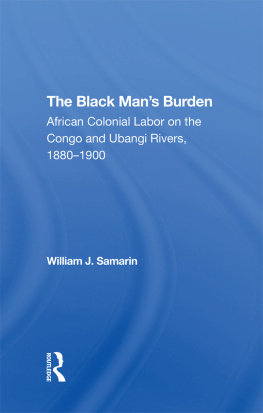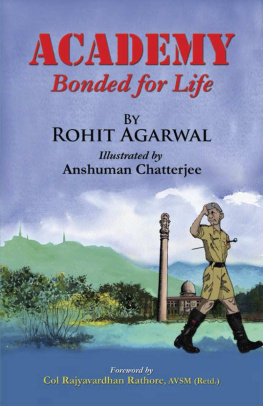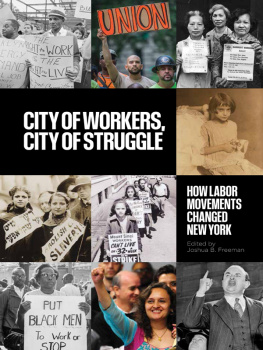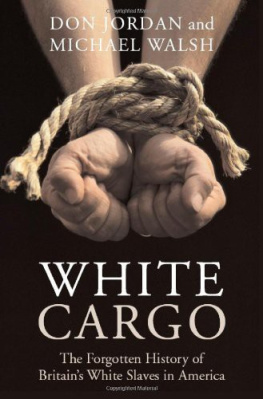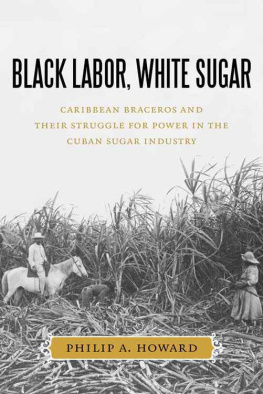First published 1998 by Garland Publishing, Inc.
This edition published 2016 by Routledge 711 Third Avenue, New York, NY 10017, USA 2 Park Square, Milton Park, Abingdon, Oxon, OX14 4RN
Routledge is an imprint of the Taylor & Francis Group, an informa business
Copyright 1998 Rachel Towner Raffles
Dissertations and Gatekeepers 1998 Alfred F. Young
All rights reserved
Library of Congress Cataloging-in-Publication Data
Towner, Lawrence W. (Lawrence William), 1921-1992.
A good master well served : masters and servants in colonial Massachusetts, 1620-1750/Lawrence William Towner.
p.cm. (Studies in African American history and culture)
Includes bibliographical references and index.
ISBN 0-8153-2787-0 (alk. paper)
1. Indentured servantsMassachusettsHistory. 2. Master and servantMassachusettsHistory. 3. MassachusettsHistoryColonial period, ca. 1600-1775. 4. Afro-AmericansMassachusettsHistory17th century. 5. Afro-AmericansMassachusettsHistory18th century. I. Title. II. Series.
HD4875.U5T69 1997
306.3630974709032dc21
96-54889
ISBN 13: 978-0-8153-2787-5 (hbk)
A Good Master Well Served: A Social History of Servitude in Massachusetts 1620-1750 was received with unusual enthusiasm by knowledgeable scholars who read the dissertation soon after it was completed in 1954. Clifford Shipton, Director of the American Antiquarian Society, told Towner I have never seen a better doctoral dissertation. Early readers were all struck by the same quality. I think your research has been exhaustive, wrote Edmund Morgan, that you have made extensive use of the most valuable collection of sources now availablethe court records...The work as it stands is a thoroughly documented study of servitude in Massachusetts... When Oscar Handlin read the thesis in 1960 he wrote, I cant think of any significant body of sources you have missed, nor do I think there are significant factual gaps.
More than three decades later, Marcus Rediker, reading the same manuscript for a university press considering publication, had a similar reaction. To put the matter bluntly, this is one of the most thoroughly researched dissertations one is likely to find in any field... Towners painstaking work in the newspapers and court records of Massachusetts is especially impressive, and his corroborative use of official ministerial and other documents rounds out his story in impressive ways... The sheer recovery of such massive amount of material about servants notoriously difficult objects of researchwould itself be a major accomplishment. More than that, the thesis was the work of a serious professional in full control of his materials. Rediker was struck, after more than thirty years, by the remarkable ways the study has stood the test of time. It reads less like a work of the 1950s than something much more recent. Part of this of course, is owing to the authors prescient decision to do a social history long before social history had made its explosive appearance within the discipline.
Why, then, did Bill Towneras Lawrence William Towner (1921-1992) was known to everyonenever publish his dissertation as a book? Why, especially in light of the fact that it won him the kind of recognition that brought him very rapidly to positions at the peak of the historical profession? In 1955, the year the thesis was accepted at Northwestern University, Towner, an instructor, then an assistant professor at M.I.T.( 1950-55) who had not published as much as an article, was appointed Associate Editor (later Editor) of the William and Mary Quarterly, (1955-1962), the leading journal in the fast emerging field of early American history, and Associate Professor at the College of William and Mary. After six years in Williamsburg, replacing Douglass Adair, a brilliant editor who had left the journal somewhat in disarray, he put it on the road to being one of the best edited historical journals in the country.
It would be easy to say he was swallowed up by the extraordinary professional demands of the positions he held, not once, but twice in his career, and let it go at that. At Williamsburg, besides editing the Quarterly (with minimum editorial assistance), he taught two courses, created and directed a new graduate program, and occasionally served as acting Director of the Institute of Early American History (founded in 1943). At the Newberry he turned an ailing independent research library of uncertain future into one of the great humanities research centers of the country, building its rare book collections, creating four research centers, making the library a pace setter for American libraries in one field after another, and testifying in Washington as a spokesman for the humanities in public life. Bill and Rachel Towner had a family of four children in Williamsburg and Rachel arrived at the Newberry in the Fall of 1962 pregnant with twin boys. Family always loomed large in their lives even in an elegant Newberry town house in which the Towners entertained endless rounds of potential donors, trustees, and visiting scholars.
A job may be engulfing but decisions about scholarship, while personal, complex and multi-layered, inevitably are taken in a context of the expectations of the profession and the academic and political climate. At a time when the historical profession is sponsoring conferences on The Specialized Scholarly Monograph in Crisis, when recent Ph.D.s are under unprecedented pressures to publish, the subject of why one scholar did not publish his dissertation thirty and forty years ago may be of larger interest (although a young Ph. D. today might well ask, if she could have as successful and as creative a career as Bill Towner, why stop to publish a thesis?) It is, I suppose, a cautionary tale, for young scholars as well as for gatekeepers of the profession, or enablers as they think of themselves: thesis directors, book and journal editors, peer reviewers, givers of grants and fellowships, and advice-givers of all sorts.
Bill Towner and I were friends from our graduate student days at Northwestern in the late 40s, pen pals through the pains of thesis writing and job hunting in the 50s and we renewed our friendship after 1964 when I moved to Illinois. We had not played much of a role in each others dissertations when we were writing and revising them. So, in the 1970s when my own research interests in artisans coincided with his and I read his thesis for the first time, I was bowled over by this buried trove of treasures and the surefootedness of his command of an extraordinary body of sources. I was never disappointed whether I looked at it for apprenticeship to understand George Robert Twelves Hewes, a Boston shoemaker in the Revolution, or the recreation of servants to understand Bostons apprentice holiday Popes Day, the American Guy Fawkes Day. I reflected on the question over the years and especially after his retirement in 1986. I was happy then to recommend the manuscript to Rutgers University Press which sent him a contract to publish it after receiving Redikers report. I posed the question in conversations with Bill when I wrote the introduction to a volume of his essays on history, libraries and the humanities whose publication he agreed to shortly before his death. To answer the question I have since gone over his personal correspondence in the Newberry Archivescorrespondence with his sponsor Ray Allen Billington, with Handlin and other academics, with his friends, with meand his correspondence with parents and with editors at the


